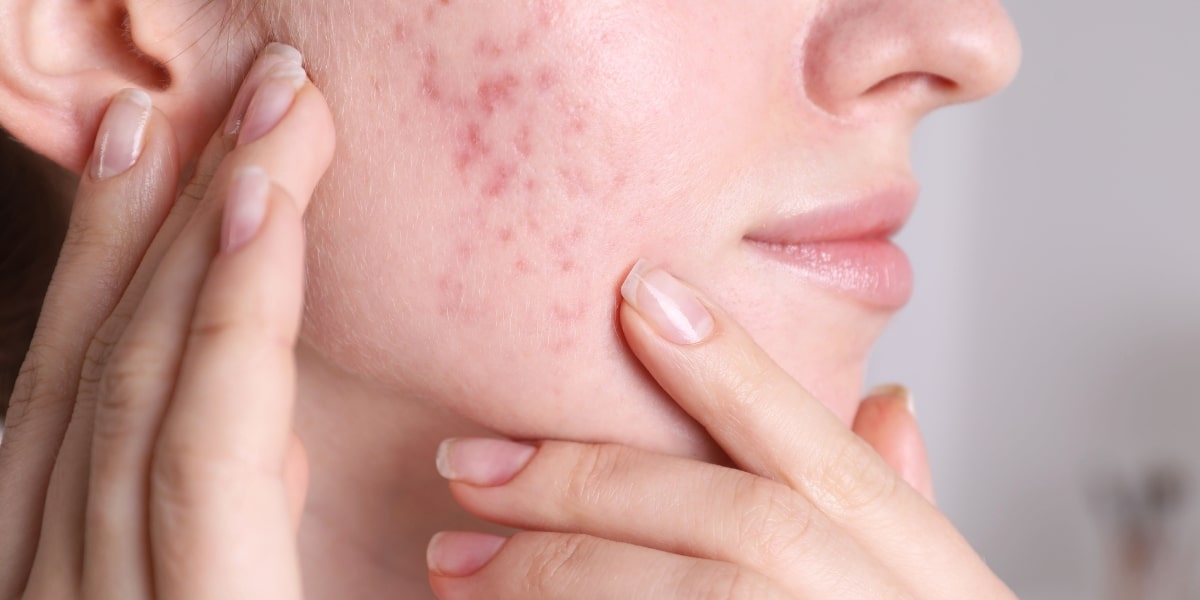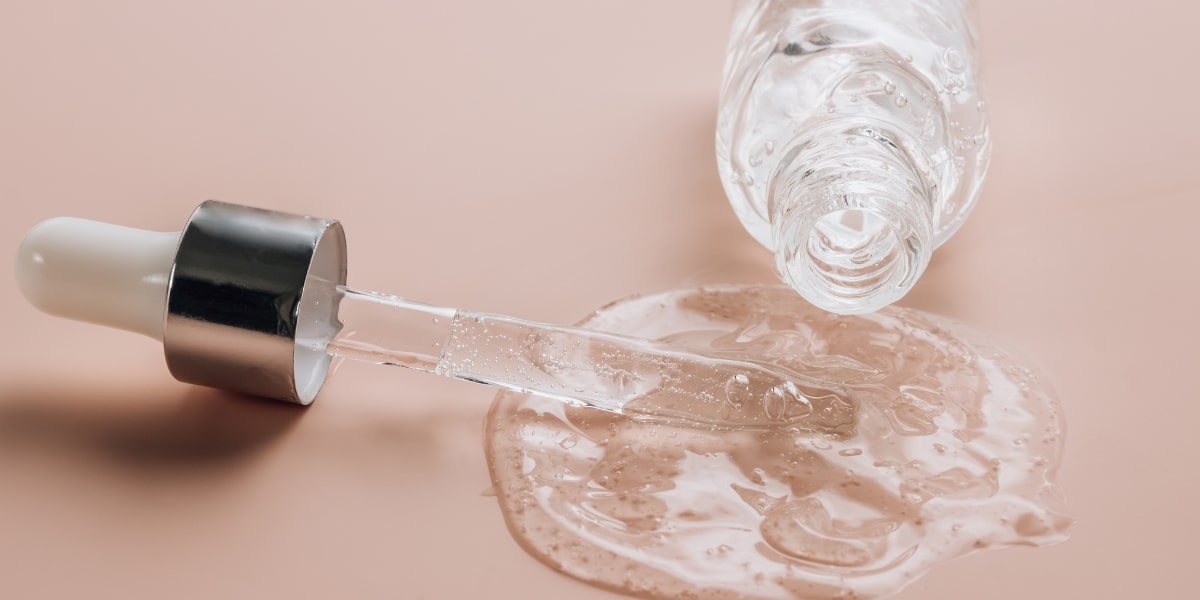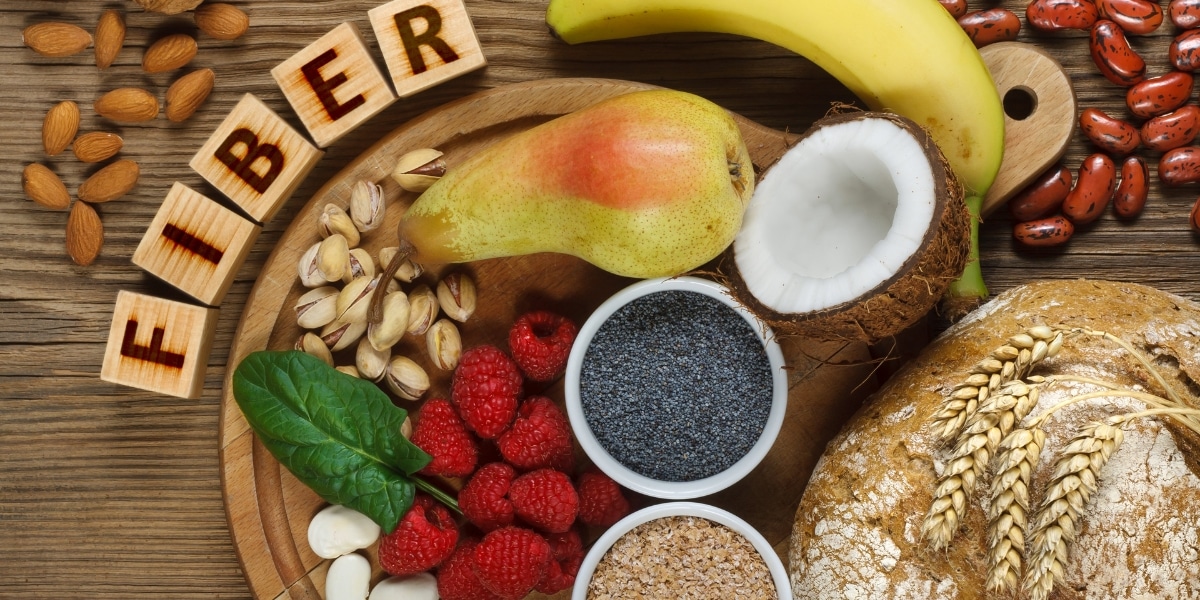Blog
Hormonal Acne: What It Is and How to Manage It

Hormonal acne is a common skin condition that can affect people of all ages, particularly during adolescence, pregnancy, and around menstruation. Unlike regular acne, which often results from clogged pores and bacteria, hormonal acne is triggered by fluctuations in the body’s hormones. These changes can lead to increased oil production, clogged pores, and inflammation. But don’t worry, there are various ways to manage and treat hormonal acne effectively, including dietary changes and topical treatments.
In this article, we’ll dive into what hormonal acne is, the causes behind it, and most importantly, how to treat hormonal acne. We’ll explore the best diet for hormonal acne and discuss some effective hormonal acne treatment options that can help you regain control over your skin.
1. What is Hormonal Acne?
Hormonal acne is a type of acne that occurs when the body experiences hormonal fluctuations, leading to an increase in oil production. This excess oil can clog pores, causing pimples, blackheads, cysts, and other forms of acne. Unlike regular acne, which can develop at any age, hormonal acne is most common during times of significant hormonal shifts.
You may experience hormonal acne if you’re going through puberty, menstruating, pregnant, or entering menopause. For many, hormonal acne manifests on the lower part of the face, such as the chin, jawline, and neck, and it tends to appear in cyclical patterns that align with hormonal changes.
Hormonal Acne Causes: Why Does It Happen?
Understanding the hormonal acne causes is crucial in managing the condition effectively. Hormonal fluctuations lead to an increase in androgen production, which are male hormones that both men and women have. Androgens cause sebaceous glands in the skin to enlarge and produce more oil. When this excess oil combines with dead skin cells, it can clog hair follicles and lead to acne.
Several factors can trigger or exacerbate hormonal acne, including:
- Puberty: During adolescence, both boys and girls experience an increase in androgen levels, leading to the development of acne.
- Menstruation: Many women experience hormonal acne around the time of their menstrual cycle due to fluctuations in estrogen and progesterone levels.
- Pregnancy: Hormonal changes during pregnancy can lead to an increase in androgen production, causing acne flare-ups.
- Polycystic Ovary Syndrome (PCOS): Women with PCOS often experience an imbalance of hormones, particularly an increase in androgens, which can lead to acne.
- Menopause: As women approach menopause, estrogen levels drop, which can lead to an increase in androgens, resulting in acne breakouts.
Understanding the root cause of hormonal acne can help you find the best treatment plan, whether it’s topical treatments, lifestyle changes, or dietary adjustments.
How to Treat Hormonal Acne Naturally
If you’re looking for natural and effective ways to manage hormonal acne, you’re in the right place. Here, we’ll explore both topical and internal treatments that can help reduce inflammation, control oil production, and prevent acne breakouts.
1. Topical Treatments for Hormonal Acne
Several over-the-counter and natural products can help treat hormonal acne by addressing the skin’s excess oil and preventing clogged pores. Some popular topical treatments include:
- Salicylic Acid: This is a beta hydroxy acid (BHA) that helps exfoliate the skin and unclog pores. It works wonders for hormonal acne by keeping your pores clear of oil and dead skin cells.
- Benzoyl Peroxide: Known for its antibacterial properties, benzoyl peroxide helps fight the bacteria that can cause acne breakouts.
- Retinoids: Topical retinoids, such as tretinoin, can help reduce oil production and promote skin cell turnover, which can prevent clogged pores.
- Tea Tree Oil: This natural oil has antibacterial and anti-inflammatory properties that can help reduce acne-causing bacteria and calm inflammation.
- Aloe Vera: Aloe vera is soothing and can help reduce redness and inflammation caused by hormonal acne.
2. Hormonal Acne Treatment: Oral Medications and Supplements
In some cases, topical treatments alone may not be enough to manage hormonal acne. If this is the case, you may consider oral medications or supplements, such as:
- Birth Control Pills: Certain birth control pills contain hormones that can help regulate the levels of estrogen and progesterone in the body, which can prevent the hormonal fluctuations that lead to acne.
- Spironolactone: This medication works by blocking androgen receptors, reducing the production of sebum (oil) and preventing acne breakouts.
- Zinc Supplements: Zinc is known for its anti-inflammatory properties, and studies have shown that it may help reduce acne and improve skin health.
- Vitamin D: A deficiency in vitamin D has been linked to acne. Taking a vitamin D supplement may help improve your skin’s overall health.
If you’re unsure about which treatment is best for you, it’s always a good idea to consult with a dermatologist who can recommend an appropriate treatment plan.
Hormonal Acne Diet: The Role of Food in Managing Acne
Diet plays a significant role in managing hormonal acne. Certain foods can help reduce inflammation and support hormone balance, while others may trigger or worsen acne breakouts. By adjusting your hormonal acne diet, you can improve the overall health of your skin.
1 Best Diet for Hormonal Acne
The best diet for hormonal acne includes foods that help balance hormones, reduce inflammation, and promote healthy skin. Here are some key components to consider:
- Omega-3 Fatty Acids: These healthy fats have anti-inflammatory properties and can help reduce acne. Foods like salmon, chia seeds, and walnuts are rich in omega-3s.
- Fiber-Rich Foods: A high-fiber diet can help regulate blood sugar levels and reduce insulin spikes, which can trigger acne. Include plenty of whole grains, vegetables, and legumes in your diet.
- Antioxidant-Rich Foods: Foods that are high in antioxidants, such as berries, leafy greens, and nuts, can help reduce oxidative stress and inflammation, which are common in those with hormonal acne.
- Probiotics: Fermented foods like yogurt, kimchi and sauerkraut help support gut health, which is linked to skin health. A healthy gut can improve your skin’s appearance.
2. Foods to Avoid for Hormonal Acne
On the other hand, certain foods can worsen hormonal acne. To improve your skin, consider limiting or avoiding the following:
- High Glycemic Index Foods: Foods that cause rapid spikes in blood sugar, such as white bread, sugary snacks, and sodas, can increase insulin levels and worsen acne.
- Dairy Products: Some studies suggest that milk and other dairy products may exacerbate acne in some individuals due to the hormones present in dairy.
- Processed Foods: Foods that are high in refined sugars and unhealthy fats, like fast food and packaged snacks, can increase inflammation and contribute to acne breakouts.
By adjusting your diet and focusing on skin-friendly foods, you can support hormonal balance and reduce the severity of acne.
Hormonal Acne: A Global and Local Perspective (Pakistan)
Hormonal acne is a global issue, but it has particular relevance in regions like Pakistan, where the availability of certain foods, lifestyle habits, and access to skincare treatments can significantly impact the condition.
In Pakistan, many individuals rely on local remedies to treat acne, such as turmeric and neem. While these ingredients have natural antibacterial and anti-inflammatory properties, they may not always address the root cause of hormonal acne. As awareness of the relationship between diet and acne increases, more people in Pakistan are turning to hormonal acne diet changes as a proactive solution.
The rise in skincare brands offering targeted acne treatments, such as salicylic acid-based products and acne treatment creams, is also helping to address this issue in the local market. Additionally, more dermatologists are becoming aware of the link between hormonal acne and factors such as stress, diet, and lifestyle.
Conclusion
Hormonal acne can be challenging to manage, but with the right knowledge and treatment strategies, you can control it effectively. Understanding the hormonal acne causes is crucial, as it helps in selecting the most appropriate treatments. Whether it’s topical treatments, oral medications, or a targeted hormonal acne diet, there are plenty of options to explore.
By adopting a balanced diet and using the right skincare products, you can manage your acne and achieve clearer, healthier skin. Remember, everyone’s skin is different, so what works for one person may not work for another. Be patient and consistent, and consult with a healthcare professional if you need guidance.


